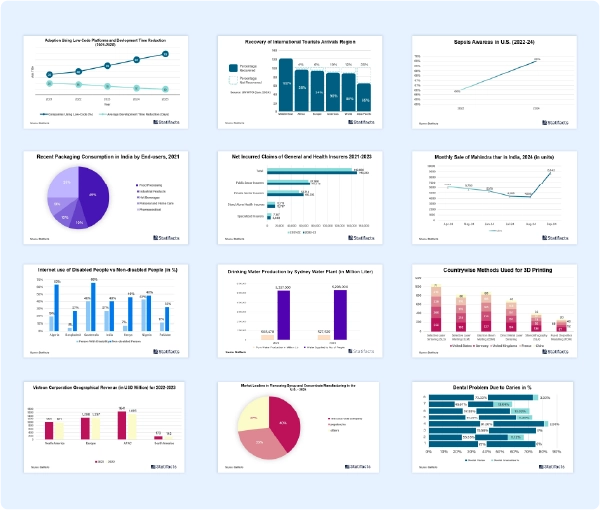The U.S. kidney cancer drugs market size surpassed USD 1,650 million in 2024 and is predicted to reach around USD 2,820 million by 2034, registering a CAGR of 5.49% from 2025 to 2034.
U.S. Kidney Cancer Drugs Market Report Highlights
- By therapy type, the chemotherapy segment held a dominant presence in the market in 2024.
- By therapy type, the immunotherapy segment is expected to grow at the fastest rate in the market during the forecast period of 2025 to 2034.
- By pharmacological class type, the angiogenesis inhibitors segment registered its dominance over the market in 2024.
- By pharmacological class type, the Cytokinesis segment will gain a significant market share over the studied period of 2025 to 2034.
- By distribution channel, the hospital pharmacies segment dominated the market.
- By distribution channel, the online pharmacies segment is projected to expand rapidly in the market in the coming years.
The growth of the U.S. kidney cancer drugs market is being driven by the rise in cases of renal cell carcinoma (RCC) and the availability of novel treatment options. The newly developed targeted therapies, immunotherapy drugs, and combination treatments reformulate the standard of care while improving survival rates, treatment efficacy, and fewer side effects. The growing importance of precision medicine, combined with the increasing influx of advanced medicine into the market, will create opportunities for growth in the global kidney cancer drugs market. Also, with more investment in R&D, the U.S. kidney cancer drugs market will likely give companies several opportunities.
The RCC-type kidney cancer globally is on the rise largely due to the feature of increased aging populations and obesity detection rates, with the result that more diagnosed cases come into play. A growing prevalence drives the much-needed demand for innovative therapy and potentially effective new treatments in advanced cases where traditional treatment options are comparatively ineffective. This rising awareness of kidney cancer and the importance of early detection will probably provide a tailwind to the growth of the U.S. kidney cancer drugs market.
Targeted therapies, such as tyrosine kinase inhibitors (TKIs), have become the cornerstone of kidney cancer treatment. These therapies specifically target the molecular pathways fueling tumor growth, offering a more precise and effective approach than conventional methods. Developing second-generation targeted therapies has marked a significant milestone in the field in recent years. These advanced therapies are designed to overcome drug resistance, a common challenge in long-term cancer management, and deliver improved outcomes for patients with advanced or refractory kidney cancer.
One of the major challenges in the U.S. kidney cancer drugs market is the high cost associated with advanced therapies, such as targeted treatments and immunotherapies. These treatments often require complex manufacturing processes, extensive clinical trials, and regulatory approvals, leading to their high price. For patients in low- and middle-income countries, affordability becomes a critical issue, limiting access to these life-saving drugs. Additionally, the high cost can strain healthcare systems and insurance providers, creating a barrier to widespread adoption even in developed nations.
Efforts to improve cost efficiency and introduce generic alternatives may help mitigate this restriction in the future. Combination treatments are becoming more popular, such as combining targeted treatments with immunotherapy or traditional techniques like radiation. Pharmaceutical companies are actively considering such combinations to widen their product portfolios and exhibit outcomes in the treatment.
Artificial intelligence (AI) is revolutionizing the U.S. kidney cancer drugs market by enhancing efficiency at every stage of the drug development process. AI-powered tools are being used to analyze large volumes of genomic, proteomic, and clinical data, enabling researchers to identify novel drug targets more rapidly. In clinical trials, AI algorithms predict patient responses and optimize trial designs, reducing costs and improving success rates. Moreover, AI is driving the personalization of kidney cancer treatment by identifying biomarkers that indicate how patients will respond to specific therapies.
Emerging economies present remarkable opportunities for the U.S. kidney cancer drugs market in the rest of these particular regions, Asia-Pacific and Latin America. The improving healthcare infrastructure, awareness of cancer treatment, and increasing disposable income are enabling access to advanced therapies in these regions. Governments are investing resources through healthcare projects and public-private partnerships to increase access to cancer care, which is a favorable condition for the growth of the market. In the coming times, the proposed broadened indications are likely to get regulatory approval, amplifying the scope of the market.

